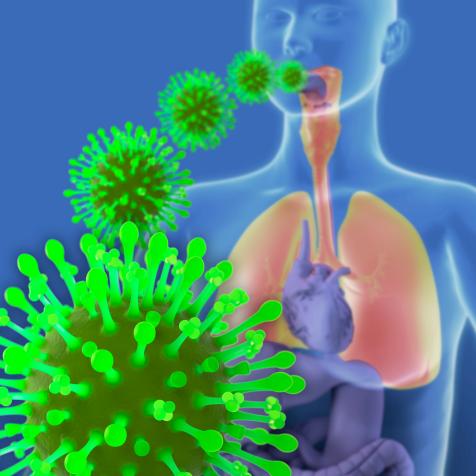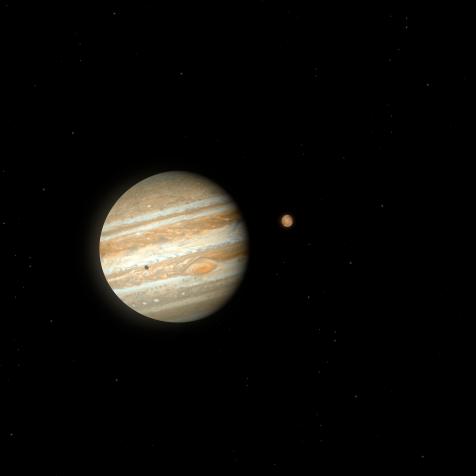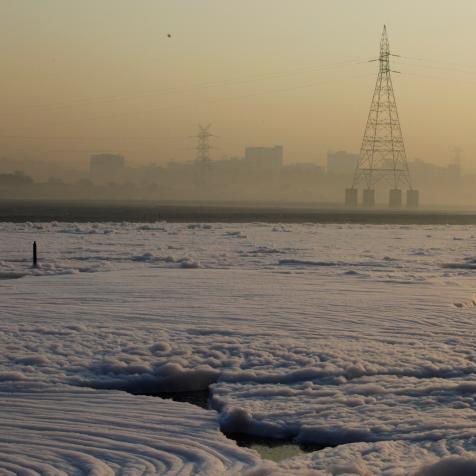
Shutterstock
How Much of Your Body Is Water? That All Depends
The water in your body changes throughout your life.
There are some things you learn in school that never leave you. Your skin is the largest organ (true!). Your tongue is the strongest muscle (false). Your body is 70 percent water. True? At least, it was true at one point. Depending on a number of factors, your body could be a lot drier than that.

Shutterstock
It's All Downhill From Here
When you were born, you contained the most water, percentage-wise, that you ever will. Human babies are about 78 percent water by weight. But within a year, your water content had already dipped below that classic 70 percent factoid your teachers taught you, weighing in at about 65 percent. You maintain that level of moisture throughout your childhood.
Around puberty, when noticeable sex differences take the stage, the water levels in boys and girls start to differ. That's thanks to two things: muscle contains more water than fat, and women have more body fat than men. As a result, teenage boys' bodies are about 60 percent water, while teenage girls' bodies are drier at about 55 percent. By adulthood, the differences are even more pronounced: Adult men are around 60 percent water while adult women average around 50 percent. After 50, your body is sapped even more, with men at around 55 percent water and women at 47 percent.
My, What Wet Kidneys You Have
Of course, those are just averages. There are other elements at play when it comes to how much water your body contains. Since muscle contains more water than fat, the fittest people contain the most water of people their age, while those with the most fat contain the least.
Your organs have different moisture levels, too. Your lungs, brain, heart, liver, and kidneys are the wettest, between 65 and 85 percent water. Surprisingly, your blood doesn't even make the top five: plasma, the liquid portion of blood, may be 92 percent water, but it only makes up 55 percent of your overall blood volume. Bones are among the driest parts of the body's puzzle but still contain a respectable 31 percent water.
All that water has a long list of duties, from insulating your organs and lubricating your joints to forming the very building blocks of cells. And of course, the water that escapes you in sweat and urine helps to cool you off and rid your body of waste (although sweat isn't as detoxifying as you might think). Whether you're 70 percent water or 50 percent, chances are you've got all the water you need to keep things running smoothly.
This article first appeared on Curiosity.com.

















